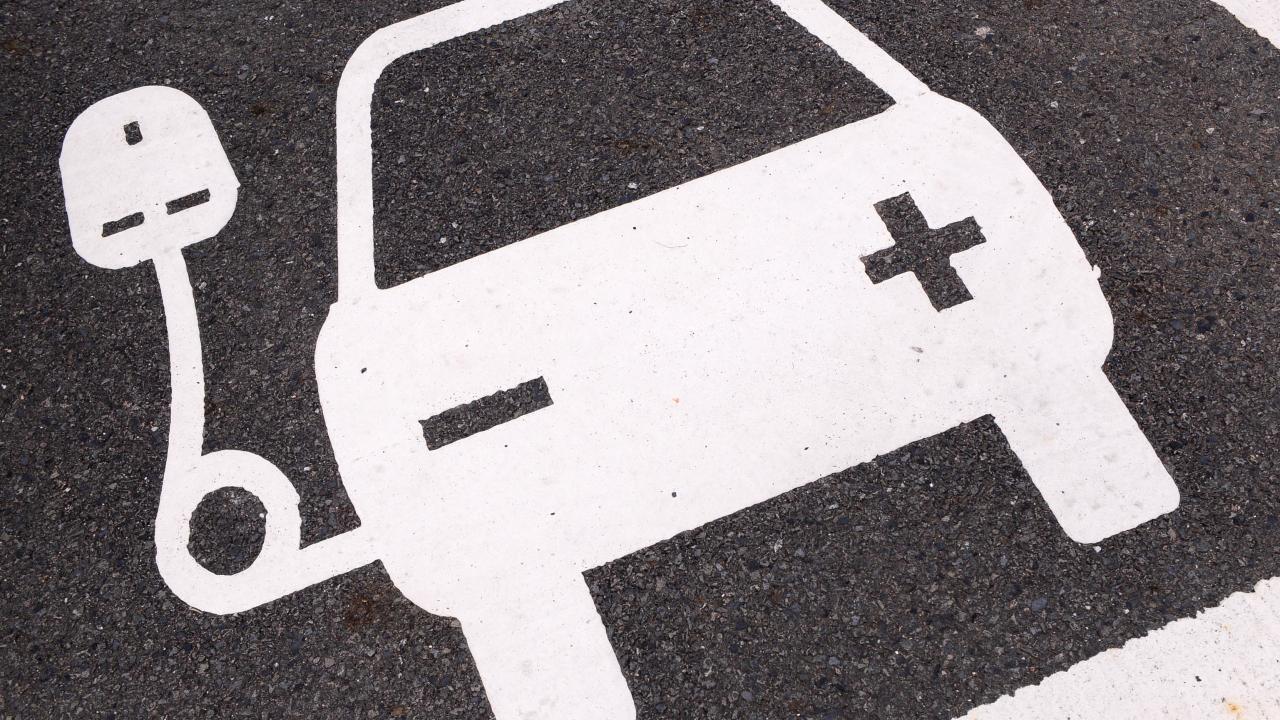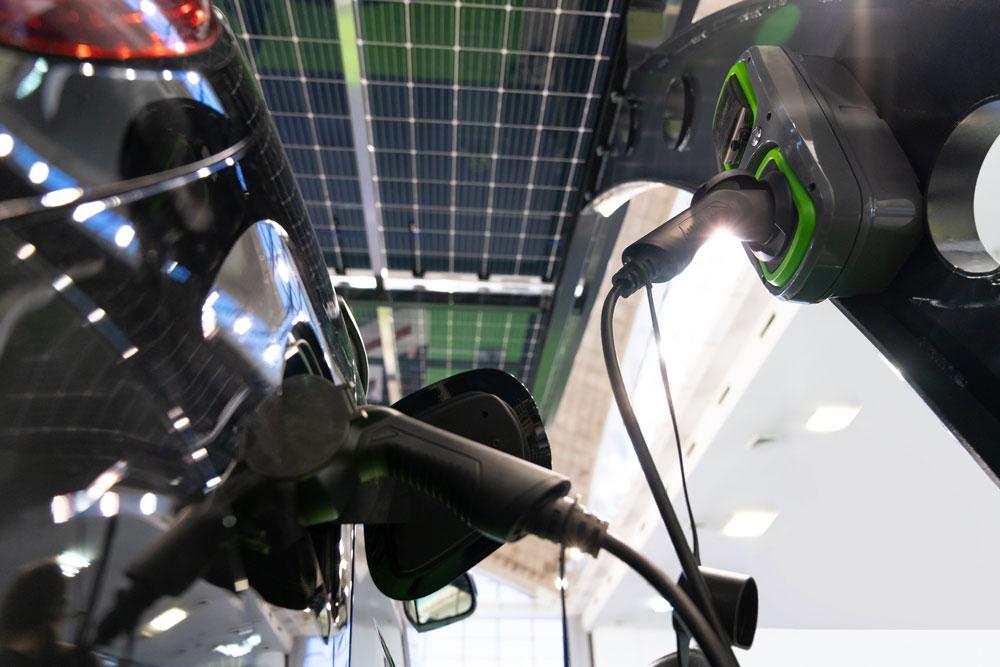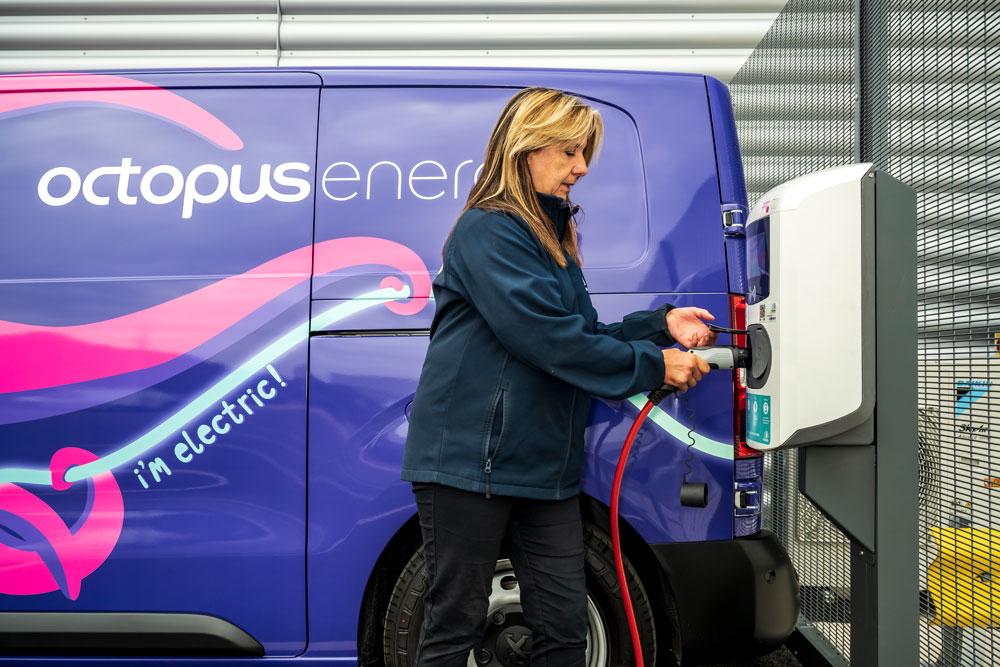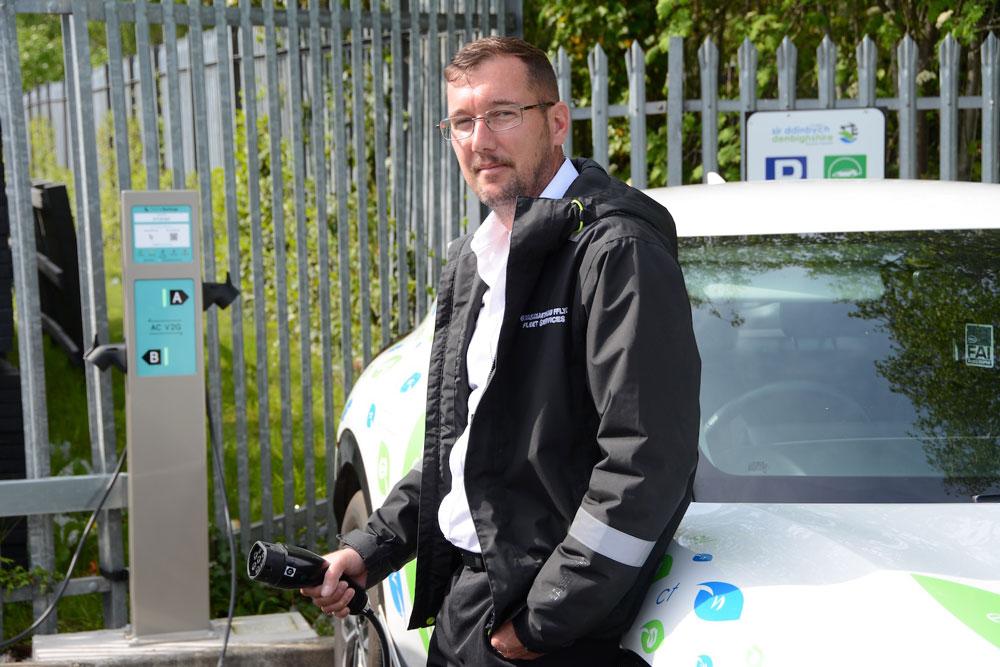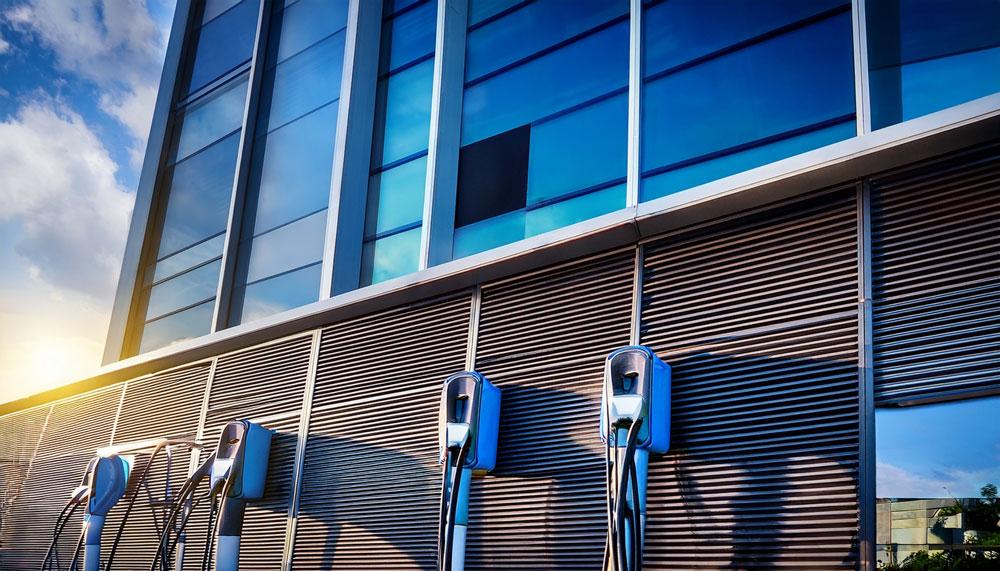With last week's announcement by energy regulator Ofgem that bills will rise roughly 80 per cent in October from £1,971 to an average of £3,549, the RAC has found that a 64kWh model, such as a Kia e-Niro, will cost £33.80 to charge.
This compares to £13.69 earlier this year and approximately £18.37 now under the current price cap, which ends on 1st October.
Petrol prices for ICE vehicles have come down in recent weeks after reaching highs of around 190p per litre for petrol in mid-July. Diesel prices have mirrored this trend, whilst remaining slightly more expensive than petrol.
Sales of fully electric cars have reached almost 100,000 in the first five months of 2022 alone.
RAC spokesperson Rod Dennis said: “The impact of the energy price cap increase will certainly be felt by drivers who charge their electric cars at home, with a full charge of a typical family-sized electric SUV costing 84 per cent more from 1 October than it does under the current cap: £33.80, compared to £18.37.
“Despite recent falls in the price of petrol and diesel, the cost of charging at home is still good value compared to paying for either fuel, but again underlines just how the rising cost of electricity is affecting so many areas of people’s lives.
“We’re also aware that public chargepoint operators are having no choice but to increase their prices to reflect the rising wholesale costs they’re faced with, which will heavily impact drivers who have no choice other than to charge up away from home.
“The RAC continues to support the FairCharge’s campaign call for the government to cut the VAT rate levied on electricity from public charge points to 5 per cent, to mirror the rate charged on domestic electricity.”

